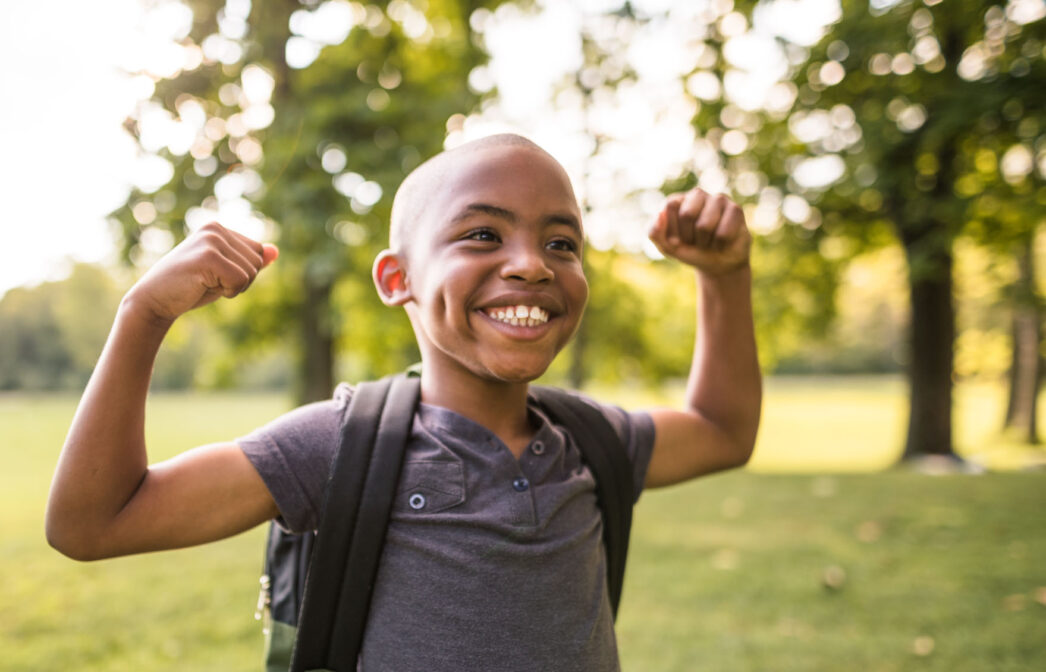This Saturday, December 3rd is the International Day of Persons with Disabilities. This is a United Nations holiday that aims to increase understanding of disability issues and promote the dignity, rights, and wellbeing of people with disabilities.
FASD is a Unique Disability
Fetal alcohol spectrum disorder (FASD) is a disability impacting at least 4% of Canadians. Individuals with FASD experience complex brain and body challenges and greatly benefit from supports that help them to succeed in various parts of their lives. Each individual with FASD is unique and has areas of both strength and difficulty.
Right now, FASD research is often overly focussed on the challenges experienced by individuals with FASD. Although it is beneficial to understand these difficulties and needs, when we focus only on these topics, we are neglecting an equally important part of the story: the strengths and successes of people with FASD and their families. Balancing the narrative around FASD, and other disabilities, with more emphasis on strengths and success is needed for promoting dignity, rights, and wellbeing.
Research Can Help
Strengths-based research can help to balance the story of FASD and reduce some of the stereotypes and stigma around this disability. It can also help individuals with FASD and their families to thrive by promoting a stronger sense of agency, competence, and resilience.
Earlier this year, CanFASD researchers and partners launched a research study to better understand strengths and wellbeing in adults with FASD. It is open to adults (18+) with FASD from all over the world. This research project is being done in collaboration with our Adults with FASD Expert Collaboration Team and members of our Family Advisory Committee.
There are three ways adults with FASD can participate:
- You can answer survey questions about your thoughts and feelings
- You can share your art (photos, drawings, or other creations) and tell us what it means to you
- You can do both!
Early Findings on Strengths
So far, we have had adults with FASD from all around the world participate in our study, including from Canada, the Unites States, Europe, Australia, and South Africa. Here are some of the stories they have shared with us, so far:
“I am proud of who I am.”
“I want people to be able to offer their gifts and strengths without apology for the things they just don’t get.”
“I’m very clever and have amazing ideas.”
“Even though my brain is damaged and wired differently, because of that my soul is extra bright and connected to this world.”
Join the Research
The voices and stories of people with lived and living experience are so impactful to FASD research. These experiences and perspectives can directly help to prioritize research topics, guide study design, and answer questions that lead to valuable impacts in everyday lives.
This International Day of Persons with Disabilities, we encourage you to help us balance the story of FASD. By participating in our study, or sharing the study with adults with FASD in your lives, you can help us tell a more complete story about FASD. This story can ultimately lead to more well-rounded supports and services that help people with FASD and their families to thrive.

